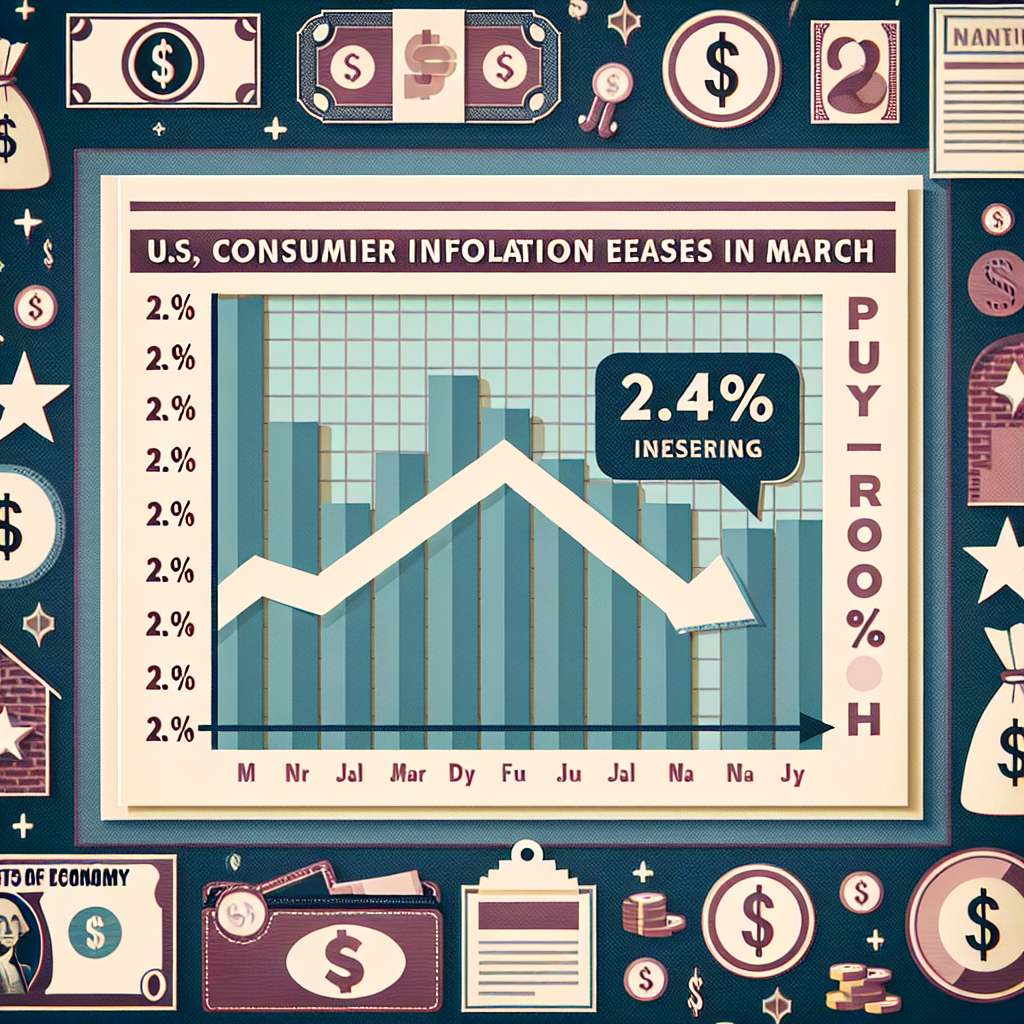US Consumer Inflation Eases to 2.4% in March: Government Report
US Consumer Inflation Eases to 2.4% in March: Government Report
Overview of Inflation Trends
In March, the United States witnessed a significant easing in consumer inflation, with the rate dropping to 2.4%, according to a recent government report. This marks a notable decline from previous months, indicating a potential stabilization in the economy.
Key Factors Contributing to the Decline
- Energy Prices: A decrease in energy costs played a crucial role in the overall reduction of inflation rates.
- Supply Chain Improvements: Enhanced supply chain efficiencies contributed to the easing of price pressures.
- Consumer Demand: A slight moderation in consumer demand helped balance the inflationary pressures.
Implications for the Economy
The easing of inflation is a positive sign for the US economy, suggesting that the measures taken to control inflation are beginning to yield results. This development could influence future monetary policy decisions and provide relief to consumers facing high costs.
Market Reactions
Financial markets responded positively to the news, with stock indices showing gains as investors expressed optimism about the economic outlook. The report has also sparked discussions among economists regarding the sustainability of this trend.
Conclusion
The reduction in US consumer inflation to 2.4% in March is a promising development, driven by lower energy prices and improved supply chains. This trend offers hope for economic stability and could shape future policy decisions, benefiting both consumers and investors.






































